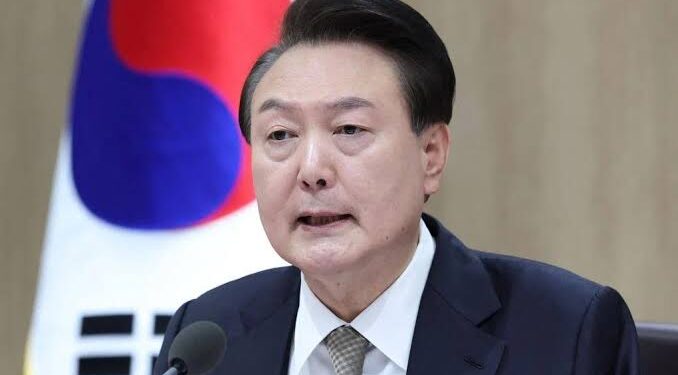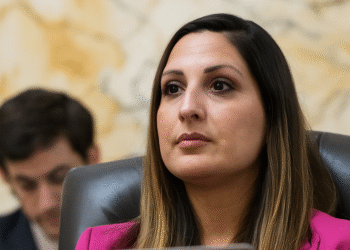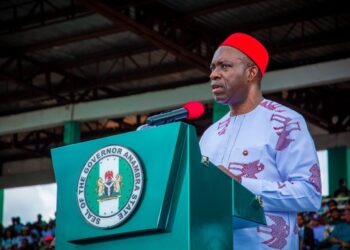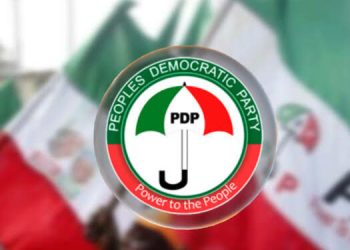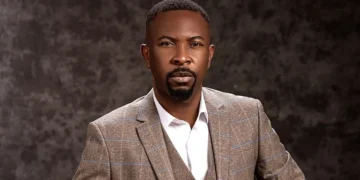South Korea is no stranger to political turbulence, but President Yoon Suk Yeol has taken the chaos to new heights. After a dramatic week involving martial law, impeachment attempts, and a public apology, Yoon has managed to escape being ousted, for now
The impeachment motion, spearheaded by the opposition Democratic Party, failed to gain traction on Saturday because too few lawmakers participated. This, despite widespread public outrage and a staggering 73.6% of South Koreans favouring impeachment according to a recent Real Meter poll. One might think that such overwhelming disapproval would spell doom for any leader, but Yoon’s People Power Party (PPP) was quick to shield him from an official ouster.
Yet, the real twist came from within the PPP itself. Party leader Han Dong-hoon openly declared, “The declaration of martial law was a clear and serious violation of the law.” He went on to announce that Yoon’s resignation was inevitable, stating that the president would be “effectively excluded from his duties” while the prime minister steps in to manage state affairs. Bold words from a man who has clashed with Yoon in the past, and whose authority to force a resignation remains questionable at best.

Yoon’s decision earlier this week to impose martial law, a first since 1980 was met with widespread condemnation. His justification? An alleged need to counter “anti-state forces” and “obstructionist political opponents.” this seem nothing more than a desperate attempt to consolidate power. The order was rescinded just six hours later after parliament defied military and police cordons to unanimously reject the decree. By then, however, the damage to Yoon’s already fragile reputation was done.
The fallout has been severe. Tens of thousands of protesters took to the streets, candlelights in hand, demanding Yoon’s impeachment. Meanwhile, the PPP faces internal divisions, with some members refusing to align with Yoon’s increasingly erratic leadership. Even those who oppose impeachment admit that Yoon is far from fit for office.
In a televised address on Saturday, Yoon apologized for the martial law declaration, calling it a mistake. “I leave it up to my party to take steps to stabilize the political situation in the future, including the issue of my term in office,” he said. The opposition was quick to mock this as a hollow gesture, insisting that impeachment is the only legal route to remove him.
Yoon’s declaration of martial law has not only thrown South Korea into its worst political crisis in decades but also raised concerns about the country’s democratic stability. As Asia’s fourth-largest economy and a key U.S. ally, South Korea’s global image as a democratic success story is now under threat.
If Yoon does resign, a new presidential election will be required within 60 days, adding further uncertainty to the country’s political landscape. While his supporters may hope for a graceful exit, the reality is far from certain. The opposition and the public alike appear unwilling to let this chapter end without a fight.
Yoon’s claim that his actions were necessary to combat “North Korean communist forces” and “pro-North anti-state elements” has done little to pacify critics. Instead, it has fueled accusations of paranoia and abuse of power. With his own party leader branding him a danger to the country, Yoon’s position has never been more precarious.
For now, South Korea waits. Will Yoon bow out quietly?

